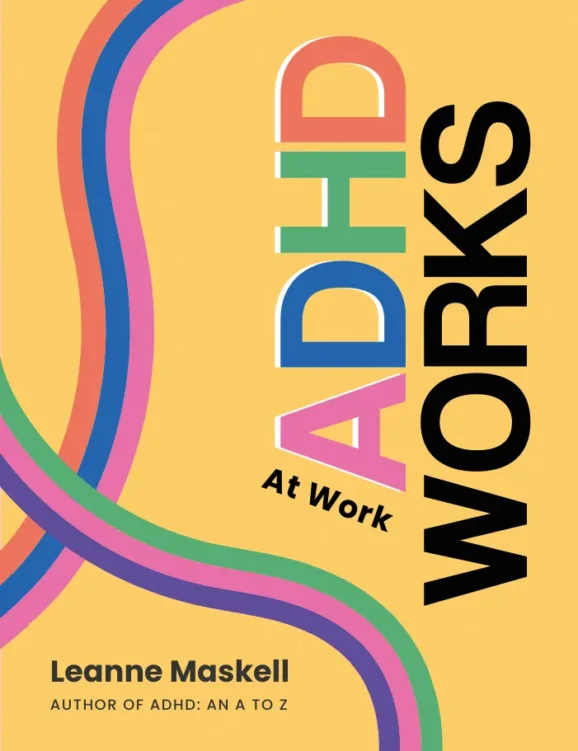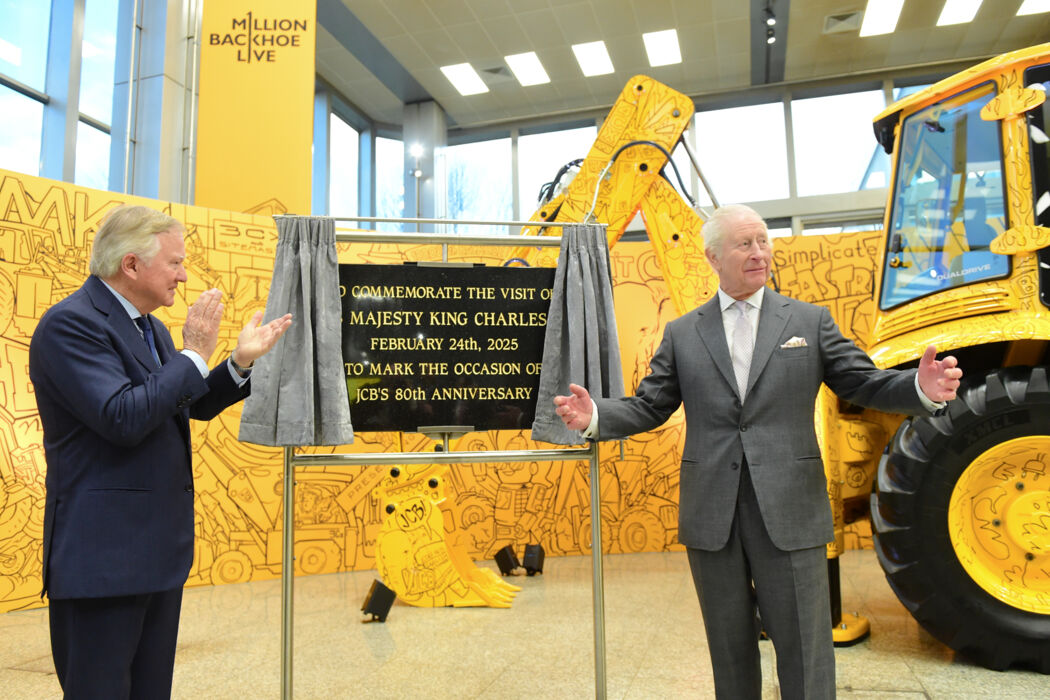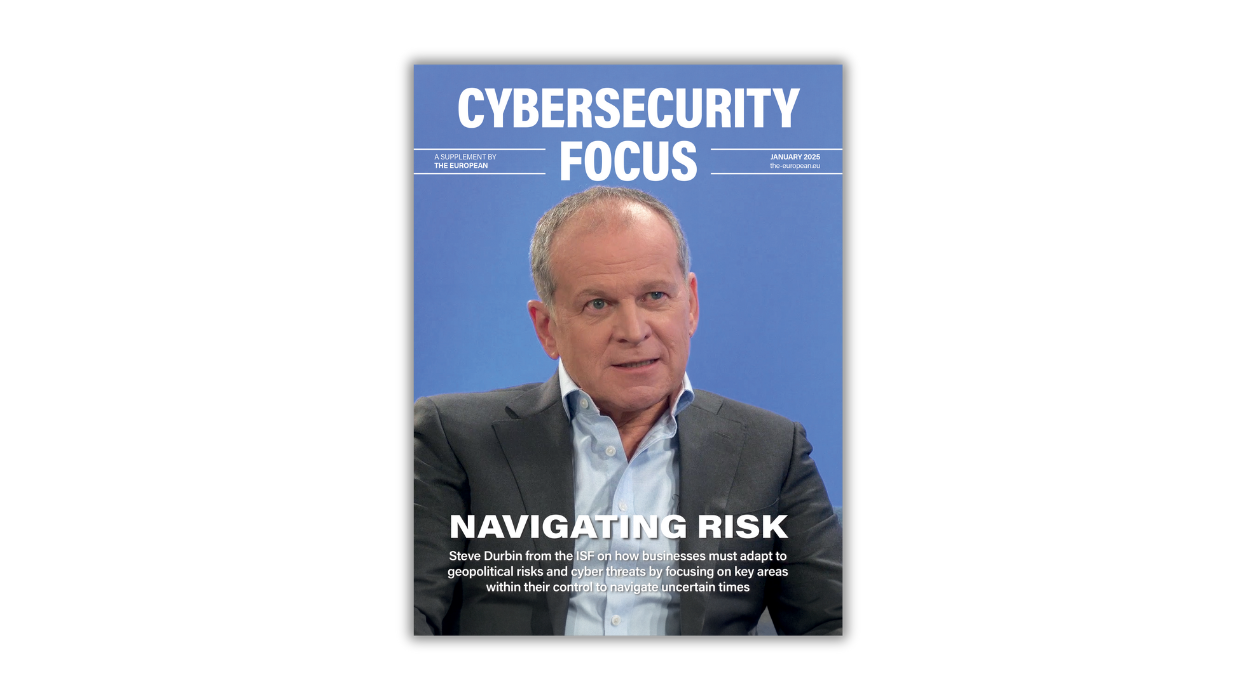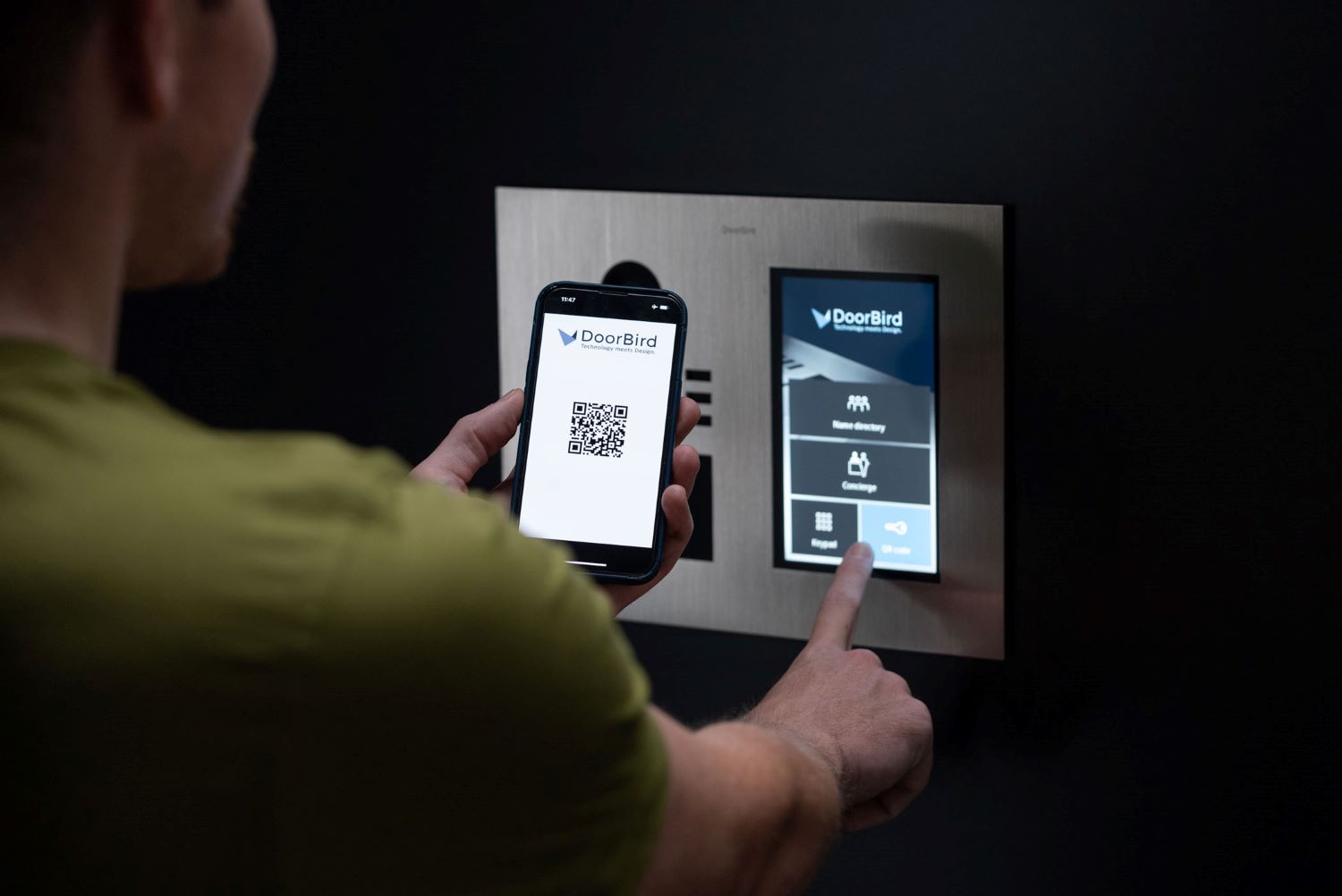Embrace the differences in your team

John E. Kaye
- Published
- Diversity, Equity & Inclusion, Home

A neurodiverse workforce could be a higher performing workforce – if leaders can get the management right, says ADHD coach Leanne Maskell
As we all think differently to one another, your workforce is almost certainly already neurodiverse. The problem is that traditional management styles tend to assume the opposite. Neurodivergent people literally think differently to “most” people in a group – which makes them extremely valuable for employers looking to harness innovation. Conditions like ADHD have been scientifically linked with strengths such as resilience, creativity, and the ability to hyper-focus, which can prove unique assets for stimulating overall performance.
However, simply having neurodivergent employees isn’t enough, they must be provided with appropriate support, alongside the opportunity to genuinely contribute their unique skills and strengths at work. Leaders may have the best of intentions, but ultimately, this comes down to management.
Managers who can successfully adapt to accommodate and motivate employees who think differently can see overall performance skyrocket. In contrast, those who cannot may see performance fall, in addition to potentially experiencing time and energy consuming conflicts – ultimately, resulting in potential legal issues for an employer. Here’s how to approach management differently, so everybody wins:
Train managers to think flexibly
According to research by the Chartered Management Institute (CMI) 82% of new managers haven’t had any proper training. Managers who are promoted following high performance may understandably be biased to assume their way is the best (and only) way. However, everybody thinks differently, and will perform best in the ways that work for them. Not everyone does their best being managed in the way that we like to be managed.
Providing management training on neurodiversity will empower managers to adapt to individuals’ unique ways of thinking. As 20% of the population are neurodivergent, providing training covering neurodivergent conditions and the context surrounding them, means managers will be prepared and confident in supporting everybody at work. Supporting managers with specialised in-depth training if an employee discloses a particular condition, such as ADHD, means that they will be well equipped to understand and work with their unique thinking styles.
Train managers on disability policies
Having policies covering areas such as reasonable adjustments is pointless if nobody uses them. Pro- actively providing training to managers on these topics is important so they can understand what support is available, and how they should approach conversations around neurodiversity at work, free of bureaucracy and time delays.
Disclosure of conditions like ADHD are not just an “HR” thing – managers have important responsibilities to ensure employees are properly supported and able to access relevant support as needed. For example, if managers are trained on making reasonable adjustments, they can have these conversations in an informal way without involving HR, understanding what kinds of adaptations they can easily agree to and those which may require further consideration.
They may also be trained in signposting to external resources of support, such as the UK government’s Access to Work scheme, which can fund specialist coaching and training for employees with health conditions impacting them at work.
This knowledge saves everybody time, provides psychological safety for employees, fosters confident management, and results in stronger connections at work.
Promote authenticity and vulnerability at work
Truly inclusive and accessible workplace cultures are modelled from the top down. Leaders can promote authentic, vulnerable conversations around being different by sharing their own experiences in the workplace, and encouraging managers to do the same.
Research from CIPD and neuroinclusion training provider Uptimize has found only 52% of employees felt able to talk about neurodiversity within their organisation, with one in five of those who hadn’t disclosed believing that their employer would not be understanding or offer support.
Leaders and managers who show up vulnerably at work empower others to do the same. For example, when manager Leanne Scaletta shared her experiences with anxiety at work, this enabled employees navigating ADHD to feel safe in disclosing this, meaning they were able to access appropriate support and excel within their role.
This can also be done by leaders and managers establishing their own support. For example, when I have previously coached senior leaders of organisations to make adjustments to their working styles aligned to their ADHD, this has benefitted everybody.
One individual communicated that ADHD was behind the change in his approach to the many people he line managed, resulting in them feeling safe enough to share that the previous way wasn’t working for them either. When another shareda recent ADHD diagnosis with his organisation in a conversation, almost half shared their own experiences in being neurodivergent for the first time.
Encourage innovative management
Management looks very different in 2024 to how it did a few years ago, as online working has completely changed the management landscape. Managers who can adapt to this, trusting employees to get work done in the ways that work for them, and to seek out support as needed, result in higher overall performance for an organisation.
Managers who feel safe enough to try ideas, make mistakes, and learn from them are those who foster a culture of high productivity. Whether it’s providing written feedback in advance of a performance conversation, or encouraging “job-crafting”, task- swapping between employees to tailor jobs to their unique strengths and challenges, innovative managers are those who will thrive in our fast-paced world. Motivating employees to work because they “want” to, instead of because they “have” to, is a sure- fire way to success.
This can make neurodivergent people themselves excellent managers, with our out-of-the-box thinking, by definition. Leaders brave enough to trust managers to develop their skills and teams in new ways are those who will see overall engagement, performance, and happiness continue to rise within their organisation.
A truly neurodiverse workforce can be thought of as a jigsaw, where everybody’s unique ways of thinking are carefully managed to complement, support, and strengthen each other, bringing together the full picture – no box needed.


About the author
Leanne Maskell is an ADHD Coach, Director of ADHD Works and author of ‘ADHD Works at Work’ and ‘ADHD an A-Z’.
RECENT ARTICLES
-
 Monty Python’s Life of Brian was more accurate than the Bible. Here's why
Monty Python’s Life of Brian was more accurate than the Bible. Here's why -
 Late Star Trek creator’s family donates $1M to heart disease research
Late Star Trek creator’s family donates $1M to heart disease research -
 Would YOU trust AI to interview a potential employee?
Would YOU trust AI to interview a potential employee? -
 King Charles’ ‘cherished’ Land Rover up for sale
King Charles’ ‘cherished’ Land Rover up for sale -
 St James’s Palace opens to public for first time in 500 years
St James’s Palace opens to public for first time in 500 years -
 Fly Derri-Air: Giant 'Mega Booty' airship to join ‘Flying Bum’
Fly Derri-Air: Giant 'Mega Booty' airship to join ‘Flying Bum’ -
 King Charles marks JCB's 80th birthday with HQ visit
King Charles marks JCB's 80th birthday with HQ visit -
 Read our Cybersecurity Focus supplement, featuring insights from Information Security Forum
Read our Cybersecurity Focus supplement, featuring insights from Information Security Forum -
 Robust software guaranteed
Robust software guaranteed -
 DoorBird is redefining industry standards with new products
DoorBird is redefining industry standards with new products -
 Davos World Economic Forum 2025: Collaboration for the Intelligent Age
Davos World Economic Forum 2025: Collaboration for the Intelligent Age -
 Innovative bumper materials and technologies for strength and weight reduction
Innovative bumper materials and technologies for strength and weight reduction -
 Why women must be empowered to drive AI
Why women must be empowered to drive AI -
 Ajman Bank: Onboard with the green economy
Ajman Bank: Onboard with the green economy -
 The European Meets Joanna Garzilli
The European Meets Joanna Garzilli -
 Just What The Doctor Authored: Meet Author Colin Stern
Just What The Doctor Authored: Meet Author Colin Stern -
 New Heights: Southampton Boat Show 2024
New Heights: Southampton Boat Show 2024 -
 Navigating Trauma with the Human Design System & Trauma Alchemy: Angelina Fabian's Unique Approach
Navigating Trauma with the Human Design System & Trauma Alchemy: Angelina Fabian's Unique Approach -
 Why walk out on success?
Why walk out on success? -
 Love over lies: A practical approach to misinformation
Love over lies: A practical approach to misinformation -
 The Venetian Unveils Record-Breaking $1.5B Refurb
The Venetian Unveils Record-Breaking $1.5B Refurb -
 Amex and Delta Reissue Inflexible Friend
Amex and Delta Reissue Inflexible Friend -
 Real steps towards a level playing field
Real steps towards a level playing field -
 Reinventing Democracy by David Kauders
Reinventing Democracy by David Kauders -
 Six Spectacular Sky Events to Watch in 2024
Six Spectacular Sky Events to Watch in 2024



























